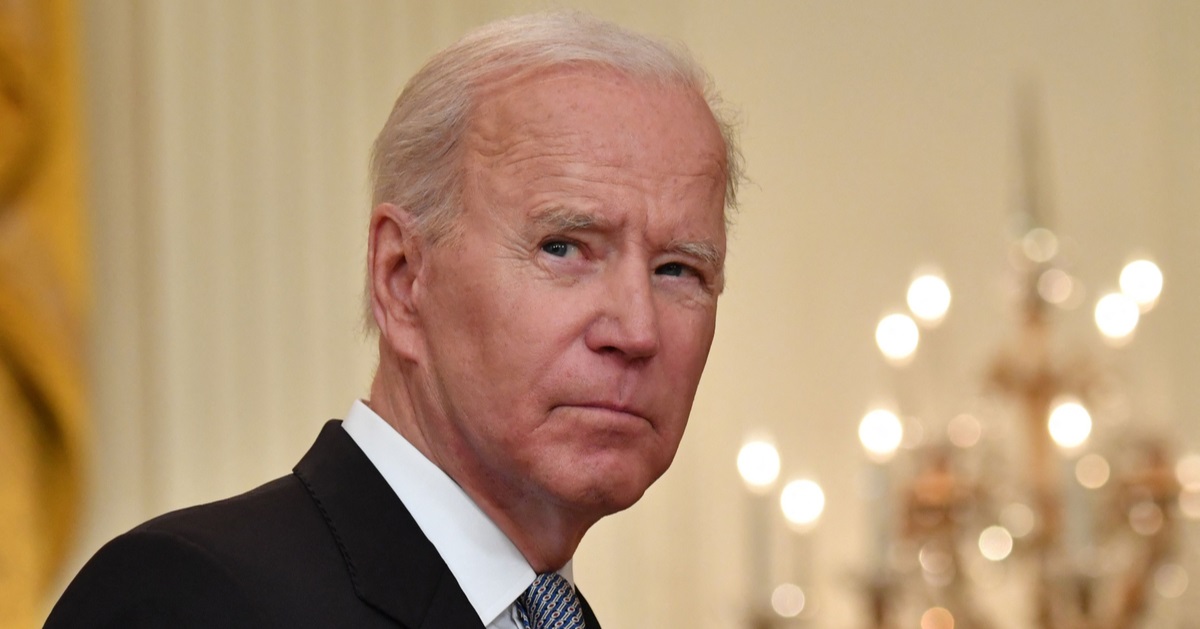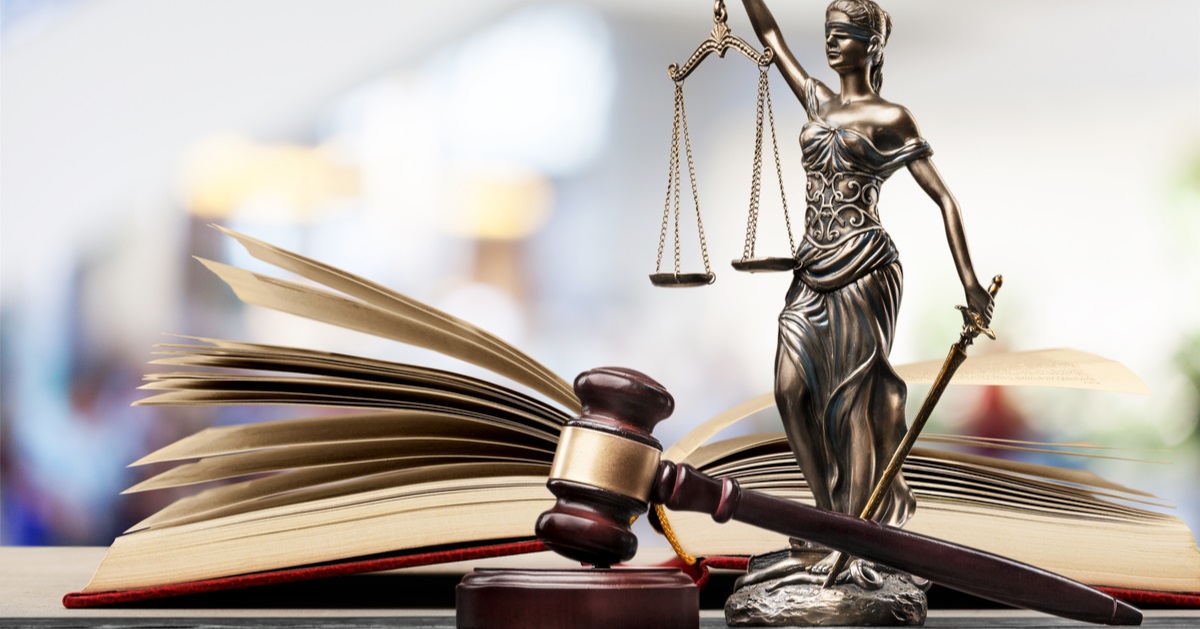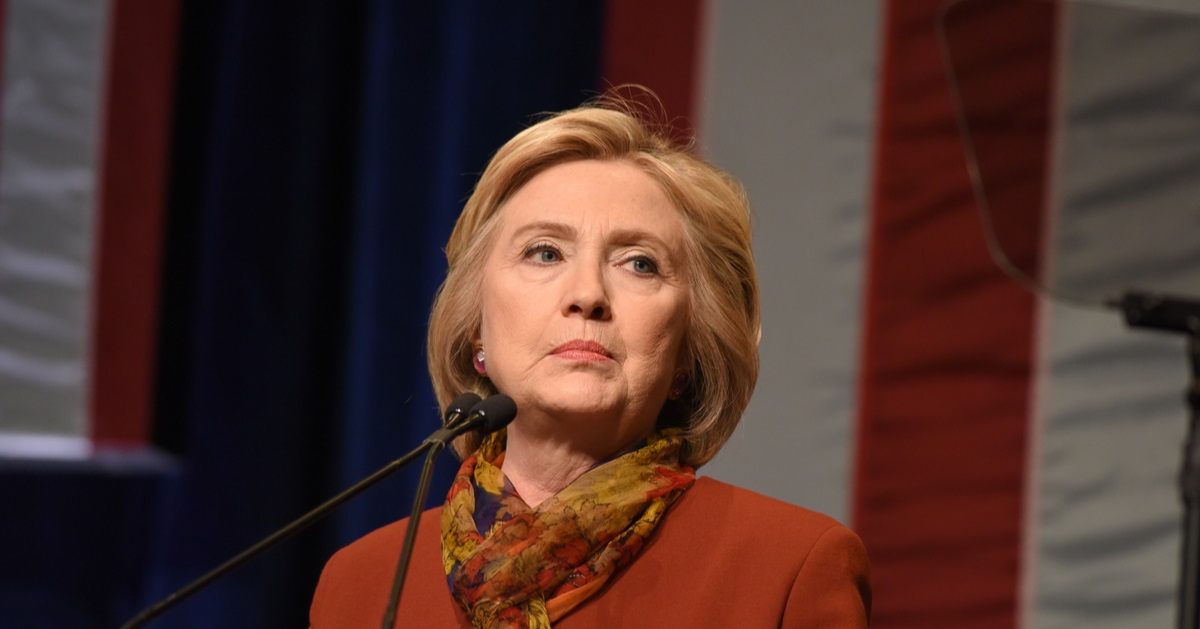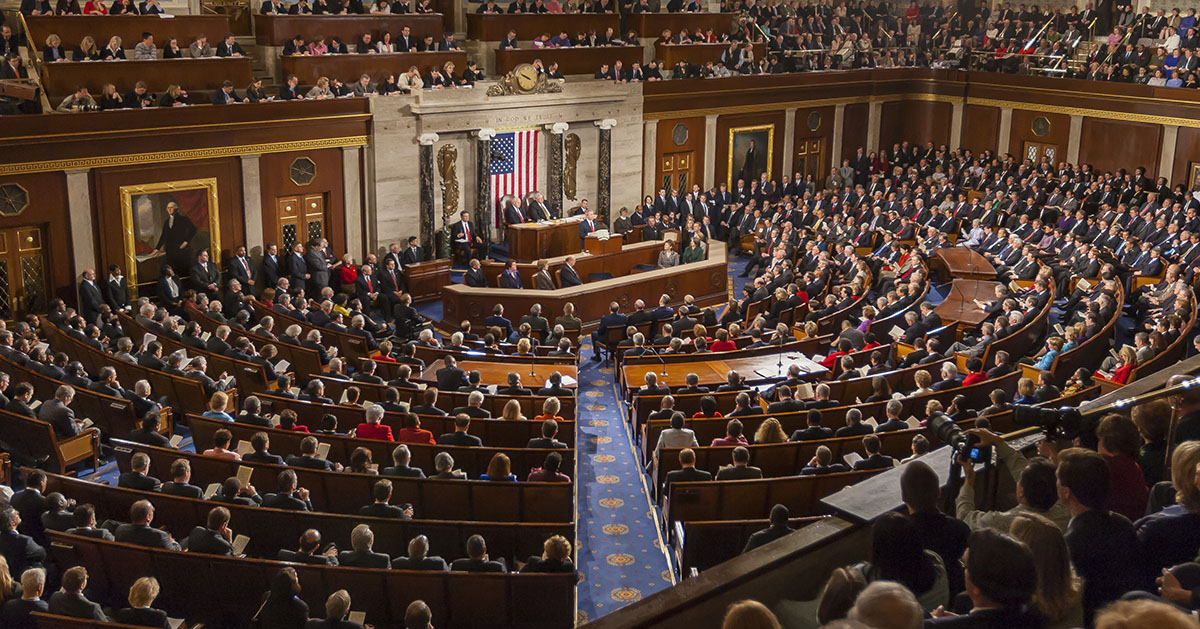Trump set to begin trial Monday in New York on criminal charges brought by DA Bragg
On Monday, in an unprecedented moment in U.S. history, Donald Trump will become the first former president to face trial on criminal charges, according to the Associated Press.
Trump was charged in New York by Manhattan District Attorney Alvin Bragg with 34 counts of felony falsification of business records related to his reimbursement of former personal attorney Michael Cohen for "hush money" payments to silence allegations of prior extramarital affairs ahead of the 2016 election.
Bragg's case was the first of four criminal indictments lodged against Trump last year, and while it will be the first of those cases to go to trial before November's election -- indeed, it may the only one as the others are all delayed for various legal reasons -- it is also widely viewed as the weakest of the four cases against the former president.
DA Bragg's case against Trump
According to the AP, prosecutors alleged that former President Trump violated New York law in 2017 when he reimbursed Cohen in monthly installments, plus bonuses and interest, for his efforts to silence the allegations of three accusers -- porn actress Stormy Daniels, Playboy model Karen McDougal, and a Trump Tower doorman -- and the recorded those payments in the Trump Organization's books as legal expenses.
Typically, falsifying business records in New York is a misdemeanor crime, but in an untested legal theory Bragg has elevated the charges to felonies by alleging that the false entries were made with the intent to conceal some other crime.
The main problem there, though, is that Bragg has not yet specified what other crime Trump was trying to conceal, though it has been suggested that possible campaign finance law violations were the other crime, in that the "hush money" payments constituted unreported financial contributions to his presidential campaign -- a rather broad stretch that may fall flat for Bragg.
Heightened security measures for Trump's trial
CNN reported this week that security will be tight for the estimated six to eight week trial that begins on Monday and for which former President Trump, the presumptive Republican nominee, will be required to attend daily instead of campaigning ahead of November's election.
The security measures will be a cooperative affair between the U.S. Secret Service, the New York City Police Department, and the New York State Office of Court Administration, likely among other federal, state, and local law enforcement agencies.
Those measures will involve a veritable lockdown of the Manhattan courthouse and the various routes Trump will use to get there, as well as closely monitoring crowds of protesters and supporters and social media chatter for any signs of possible threats or other disruptions.
Possible winning strategies for Trump
According to Politico, presiding Judge Juan Merchan has limited the defense arguments that former President Trump and his attorneys are allowed to make during the trial, but there are still two potentially winning strategies that Trump might still be able to pursue -- one that seems rather obvious and another that seems particularly counterintuitive and unlikely.
The obvious strategy involves attacking the credibility of former attorney Cohen, the prosecution's star witness, over his lengthy and well-documented history of dishonesty, his apparent financial incentives for going after Trump, and his overt personal vendetta against his former boss -- all of which could substantially undermine DA Bragg's case.
The more unlikely strategy would involve Trump's attorneys asking the jury to convict the former president of misdemeanor charges instead of felonies, which would likely avoid any prospect of a prison sentence and be less politically damaging to his re-election effort, though it is difficult to envision Trump, who hates conceding guilt or a loss at anything, agreeing to let his attorneys do so.
Trump says he "absolutely" will testify
One final major question about the New York trial that begins on Monday is whether former President Trump will take the stand and testify in his own defense, a move that would allow him to make his own case for why he shouldn't be found guilty but would also open him up to potentially damaging cross-examination by prosecutors.
"Yeah, I would testify, absolutely," Trump told an NBC News reporter during a Friday press conference. "I'm testifying. I tell the truth, I mean, all I can do is tell the truth. And the truth is that there is no case."






